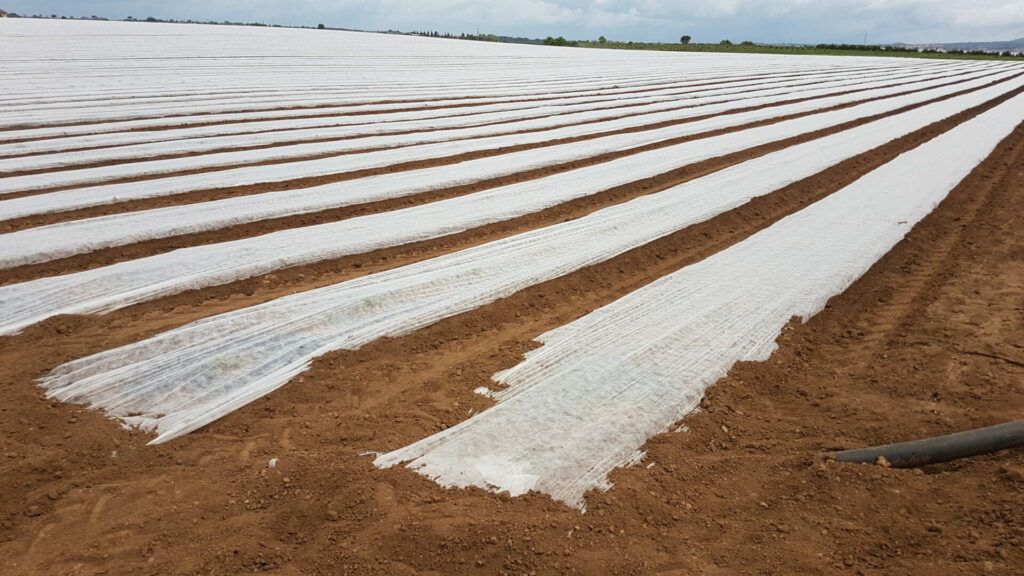A wide number of products have been introduced by the agricultural sector over the years to help improve farming practices. However, many of these are often made out of plastic – which is having a damning effect on the soil when these break down into small particles.
Agricultural innovations, from plastic-coated seeds to protective wraps used to modify soil temperature, have helped to increase crop yields, but the degraded plastics that come from these products are contaminating soil all over the world, impacting biodiversity and soil health, a recent report by the UN Environment Programme (UNEP) showed.
“We are starting to understand that the build-up of plastic can have wide-ranging impacts on soil health, biodiversity and productivity, all of which are vital for food security," the report’s co-author Professor Elaine Baker (University of Sydney), warned.
A report from the UN’s Food and Agriculture Organisation (FAO) last year already highlighted that soils contain more microplastic pollution than the oceans, stressing that there is “irrefutable” evidence of the need for better management of the millions of tonnes of plastics used in the food and farming system each year.
Damaging plants and human health
While it may seem unlikely that products such as plastic mulch (think of the large sheets of plastic that sometimes cover fields to, among other things, raise soil temperature and reduce evaporation from the soil) could affect soil quality, these big pieces of plastic can break into shards less than 5 mm long and seep into the soil.
The breakdown of these synthetic materials changes the physical structure of the earth and can even limit its capacity to hold water, as well as affect plants by reducing root growth and nutrient uptake.
While progress is being made to improve the biodegradability of polymers, some are being marketed as fully compostable, even when this is not always the case.
Aside from large plastic products breaking down, microplastics are intentionally added to some biosolid fertilisers. These can harm human health when transferred through the food chain.
The single-biggest source of microplastic pollution in the soil is fertilisers produced from organic matter such as manure, which is mixed with the same plastic microspheres that are commonly used in certain soaps, shampoos, and makeup products, UNEP stated.
Silver bullet solution?
In its report, UNEP proposed so-called "cover crops," plants used primarily to slow erosion, improve soil health, enhance water availability, smother weeds, help control pests and diseases and increase biodiversity, which are not meant to be harvested.
However, there are concerns that these could reduce yields and increase costs. "None of these solutions are a magic bullet. Plastic is inexpensive and easy to work with, which makes trying to introduce alternatives a hard sell," Baker explained.
Related News
- Green energy production in Flanders picks up
- Climate change has made summer drought 'at least 20 times more likely'
In the meantime, experts stressed that governments should disincentivise the use of plastic in agriculture, pointing to the example set by the European Union who restricted certain types of polymers from being used in fertiliser.
The EU has also set up 11 case studies across Europe to look at the impacts of plastics on soil health and agricultural productivity. Later, farmers and other stakeholders will be provided with tools and recommendations for the sustainable use of plastic in agriculture to "ensure safe and economically viable food systems."

